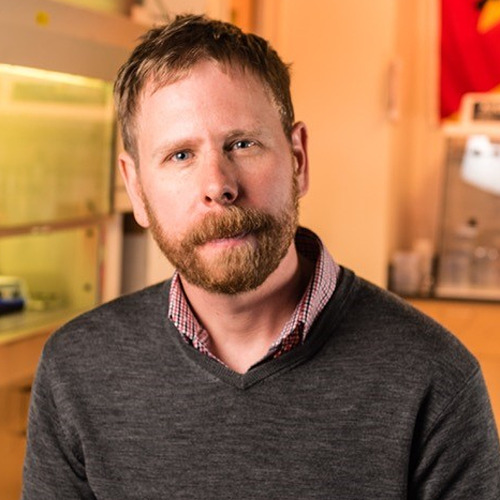Research Thrust 3
Predictive Microbiome Monitoring
Projects in Research Thrust 3 (RT3) will develop predictive models that incorporate spatiotemporal methods, generative modeling concepts, and machine learning approaches to analyze built environment microbiomes.
RT3 projects will focus on the development of predictive models that identify factors that contribute to microbiome compositional variations, and microbiome signatures that associate with specific health outcomes, which in turn will inform built environment health signature identification.
Initial projects will focus on various facets of the predictive models using existing large datasets and then incorporate PreMiEr datasets from Research Thrust 1 as those are generated. Spatial-temporal statistical models for microbiome compositions will be constructed that can characterize the personalized equilibrium of an individual’s microbiome compositions and detect anomalies, or deviation from the normal equilibrium. This information will be crucial in linking to the environmental microbiome. Another project will integrate functional information to decipher the functional meanings of the signals identified in the predictive models. Finally, improvements in the bioinformatic preprocessing pipelines using machine learning approaches will enhance the sensitivity and specificity of the predictive models.


Image from : Zhou & Sun. 2022. Improve the colorectal cancer diagnosis using gut microbiome data. Front. Mol. Biosci.
Currently funded projects
RT3-3: Evaluation of sink bioaerosols
Sinks are ubiquitous in modern buildings and serve an important role in reducing the transmission of diseases via hand washing. However, sinks are also a known source of bioaerosol emissions and have been linked to nosocomial infection outbreaks in hospitals. The project optimizes and standardizes methods for the study of bioaerosols for the PreMiEr ERC, tests how conditions specific to the sink (in combination with mixed microbial communities and model organisms) alter the site, size, and distribution of generated bioaerosols, and use these data to model the generation, fate, and transport of sink originating bioaerosols
Collaborations
![]()
![]()
![]()
![]()
![]()
![]()
![]()

Barbara Turpin, Project Lead
UNC Chapel Hill

Joe Brown
UNC Chapel Hill

Joshua Granek
Duke

Claudia Gunsch
Duke

A-Andrew Jones
Duke

Jennifer Kuzma
NC State

Glenn Morrison
UNC Chapel Hill
RT3-1: Environmental perturbations and microbiome-based trait prediction: A
comprehensive study
This project aims to establish a more robust and interpretable pipeline for predicting disease and dynamic host traits using microbiome data subject to environmental perturbations. By exploring the impact of sample characteristics and studying the temporal dynamics of microbiome growth under different environmental conditions, this project aims to establish a reliable and interpretable pipeline for predicting host traits using microbiome data.
Collaborations
![]()
![]()
![]()
![]()

Yi-Hui Zhou
NC State, Project Lead

Benjamin Callahan
NC State

Nathan Crook
NC State

Lawrence David
Duke
RT3-2: Exploring statistical and machine learning methods and available databases for built environment microbiomes
Compared to the human microbiome, the microbiome of the built environment has received little attention and there remains a need for model development. This project seeks to understand the heterogeneity of the indoor microbiome and test the applicability of gut microbiome models as a basis for indoor microbiome models. Understanding data variability and structure will aid design of future perturbation or intervention field studies.
Collaborations
![]()
![]()
![]()
![]()
![]()

Li Ma
Duke, Project Lead

Zhicheng Ji
Duke

Glenn Morrison
UNC Chapel Hill

Barbara Turpin
UNC Chapel Hill

Yi-Hui Zhou
NC State
RT3-4: Using machine learning to characterize built-environment microbiome metabolites
Current methods for studying the built-environment microbiome and its metabolites are limited and expensive, making it difficult to fully understand the health effects, mechanisms, and involved microbes. This project’s goal is to design novel machine learning tools that can rapidly identify the ways in which the built-environment metabolome may impact human health.
Collaborations
![]()
![]()
![]()

Daniel Reker, Project Lead
Duke

Nathan Crook
NC State
